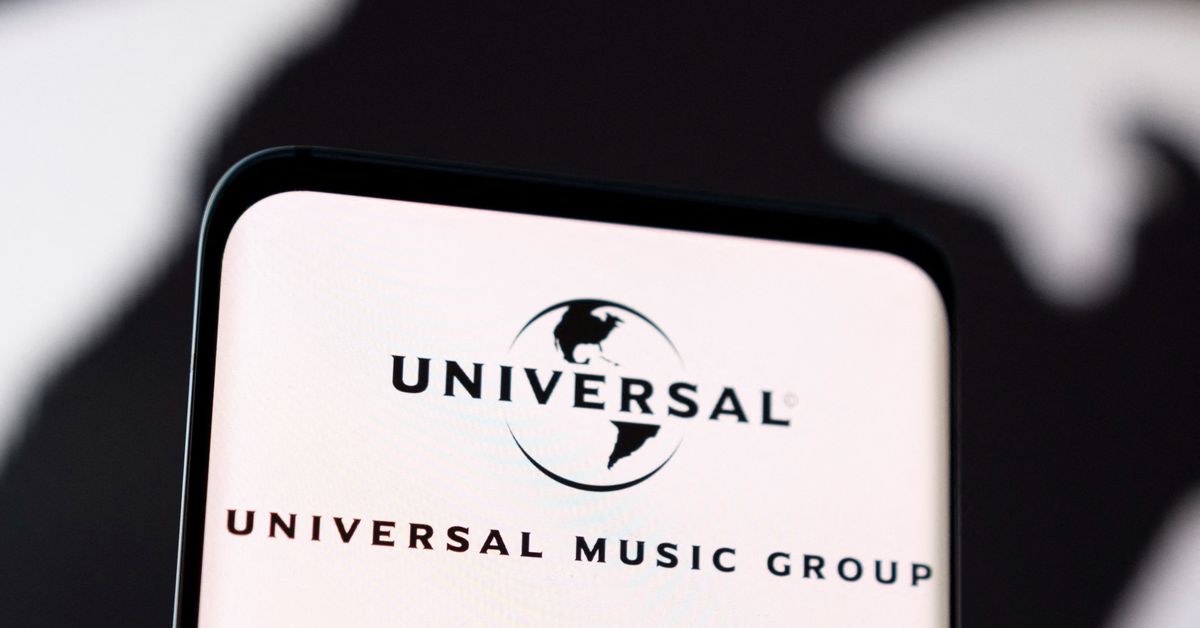- cross-posted to:
- world@lemmy.world
- world@lemmy.world
- cross-posted to:
- world@lemmy.world
- world@lemmy.world
Archived version: https://archive.ph/ZGo6X
Universal Music Group (UMG.AS), Sony Music Entertainment (6758.T) and other record labels on Friday sued the nonprofit Internet Archive for copyright infringement over its streaming collection of digitized music from vintage records.
The labels’ lawsuit filed in a federal court in Manhattan said the Archive’s “Great 78 Project” functions as an “illegal record store” for songs by musicians including Frank Sinatra, Ella Fitzgerald, Miles Davis and Billie Holiday.
They named 2,749 sound-recording copyrights that the Archive allegedly infringed. The labels said their damages in the case could be as high as $412 million.
Representatives for the Internet Archive did not immediately respond to a request for comment on the complaint.
The San Francisco-based Internet Archive digitally archives websites, books, audio recordings and other materials. It compares itself to a library and says its mission is to “provide universal access to all knowledge.”
The Internet Archive is already facing another federal lawsuit in Manhattan from leading book publishers who said its digital-book lending program launched in the pandemic violates their copyrights. A judge ruled for the publishers in March, in a decision that the Archive plans to appeal.
The Great 78 Project encourages donations of 78-rpm records – the dominant record format from the early 1900s until the 1950s – for the group to digitize to “ensure the survival of these cultural materials for future generations to study and enjoy.” Its website says the collection includes more than 400,000 recordings.
The labels’ lawsuit said the project includes thousands of their copyright-protected recordings, including Bing Crosby’s “White Christmas,” Chuck Berry’s “Roll Over Beethoven” and Duke Ellington’s “It Don’t Mean a Thing (If It Ain’t Got That Swing)”.
The lawsuit said the recordings are all available on authorized streaming services and “face no danger of being lost, forgotten, or destroyed.”



This is why I never pay for music as a matter of principle.
I don’t care if it is cheap, or if the software is easy to use. I don’t pay for music. Period.
Even if it’s an independent label or unsigned artist?
Paying artists ≠ paying for music. If I want to support them, I will.
Poor take
That’s an interesting principled stance. How should musicians provide for their familes?
Almost no musician makes any substantial money from music sales. Like at all, it’s genuinely extremely rare. Most makes more money from touring and merch.
Buy tickets for their shows at the venue. Buy their merchandise directly from the band. Never go through a middle man. Deal with the musicians directly. They don’t really make shit off record sales; they make up the bulk of their money from touring and self-selling merch.
deleted by creator
So, because they don’t pay artists enough, you shouldn’t pay them at all?
I’ve got the karma to spare so I’ll be clear about it. I’m not going to say you have to pay for music. That’s between you and the people you want to keep making music for you. You can fly the black flag all you want, and it does make you something of a rebel, but it does not make you any kind of hero.
I remember back when music (or any artistic expression really) was done by people out of passion.
They used their talent to help people enjoy life more and did other things like picking up a trade for money.
These days, people feel like they can’t do anything to help other people without being paid for it.
When was this? When did people who need to devote their life to a craft long enough to get good at not want, even need, to be paid for it? There have always been hobbyists, and maybe that’s all you want, but there has never been a time when musicians would not have preferred to be supported by their passion, rather than the job they had to do in order to keep eating.
Musicians don’t make money either way.
I don’t think that 10% cut (or 0% if the artist still has debt) will amount to much for the majority of artists on a major label
This unless it’s bandcamp Friday or it can be found secondhand.